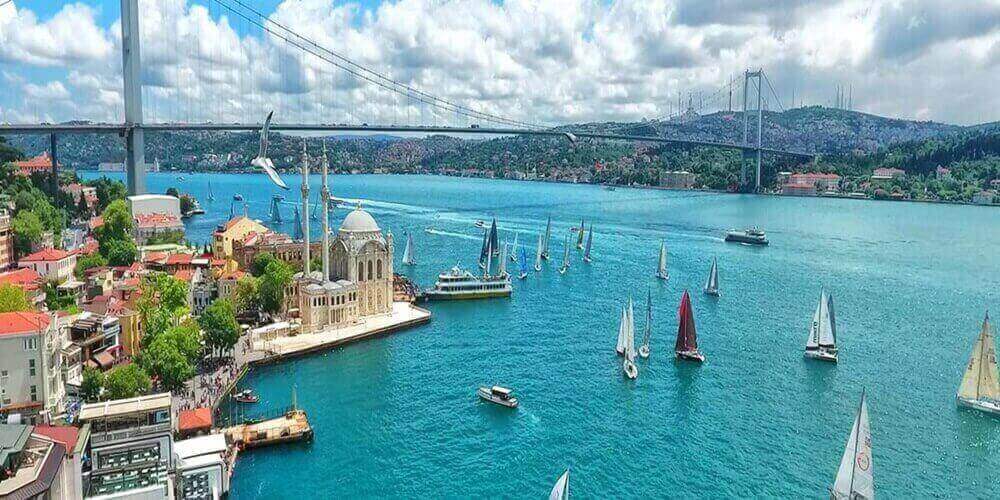
Plastic surgery tourism is an ever-increasing phenomenon. Plastic surgery tourism, or medical tourism Turkey, consists of people traveling to other countries to receive cosmetic procedures and surgeries in hopes of saving a great deal of money, usually resorting to cheaper services in countries with lower labor costs and exchange rates. In the last two decades, the tendency has increased dramatically due to various reasons, one of these countries being Turkey, which has established an important place in the sector. The reasons behind Turkey’s recent popularity in aesthetic tourism are known doctors, high-quality services for a reasonable price, and prices that are more affordable to many Europeans. However, when considering the advantages of cheap services, sometimes patients do not always receive the services they wish for. There are pros and cons to these cheap cosmetic surgeries, which are performed at Turkish hospitals and have achieved successful results in today’s market, examined within the framework of the research.
Finding that cosmetic surgeries are cheaper beyond the borders, many people choose this segment. The local plastic surgery guide Turkey may not provide value that is worth the cost. Aesthetic operations are generally not performed by plastic surgeons in Turkey, thus turning others in the field into the center has additionally been associated with the negative effects of aesthetics in the country. Moreover, several non-specialists are trying to enter the market, aiming to gain shares from a sector that is reaching an annual volume of 1 million euros.
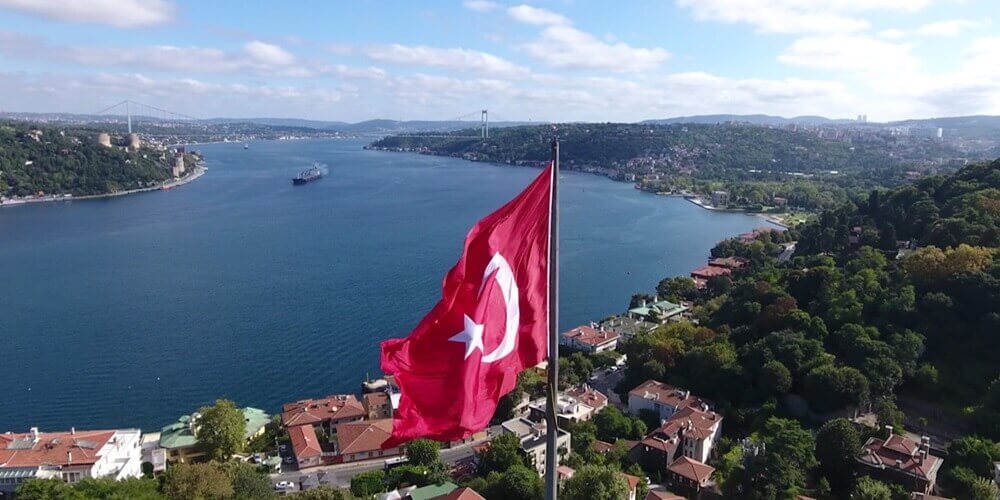
Cost-effective treatments for international cosmetic surgery make Turkey one of the most favored destinations for plastic surgery tourism. Surgeons there quote prices far below what is being charged in Western countries at present. Medical care is usually of standard quality there, and Turkish citizens appreciate well-trained surgeons, the fact that many of them have an international education, are accredited in their home countries, and correspond to international surgical societies and standards as foreign patients do. In addition, many of the facilities have been developed, and some amenities that are state-of-the-art and of the first world are offered to medical tourism Turkey consumers. The procedures in the country are also praised as painless as possible for their efficacy, reducing cortisone swelling. Cost-effectiveness in Turkey draws patients for aesthetic surgery. In Turkey, medical costs are usually one-fifth of what they are. Many hospitals are convenient and secure. The medical department works to offer patients a complete and fulfilling encounter in all health services. Experienced physicians, modern technology, diagnosis, hygiene, medical therapy, patient privacy, foreign language service, travel, accommodation, tourism, post-care, and legal operation are included in the inpatient and outpatient care as a package. The tourism industry’s growth has also enhanced medical tourism Turkey. The patient’s duty increases with patient opinion more and more day after day, thanks to cooperation with tour operators. A plastic surgery guide Turkey stays with you as long as you’re in Turkey, from airport arrival to hospital.
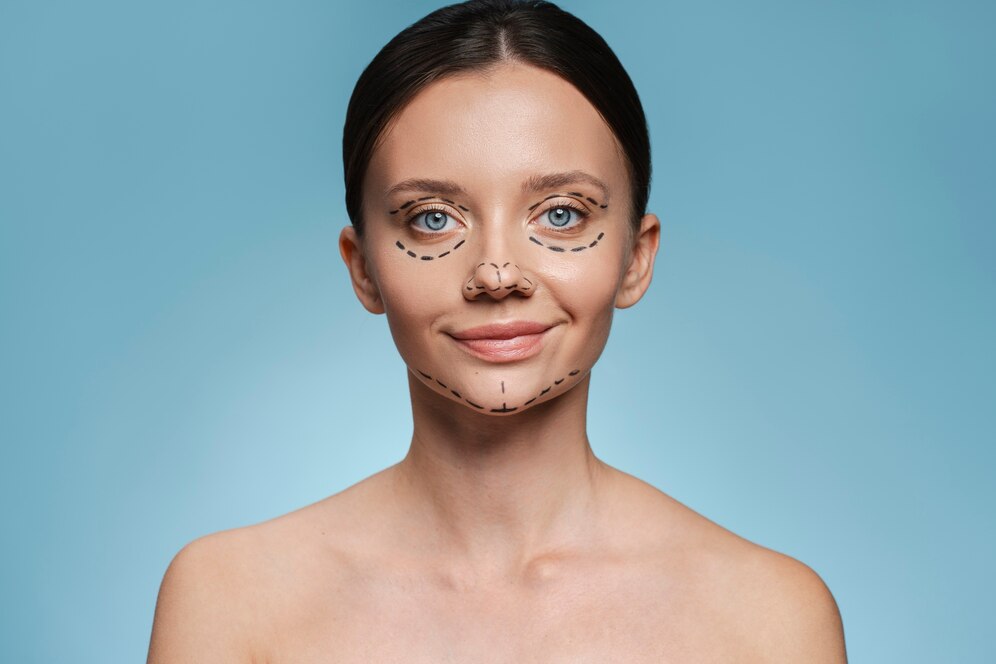
With its own set of advantages and risks, plastic surgery tourism has been increasingly popular, and Turkey is at the center of this growing trend. Now offering over 1,500 international cosmetic surgery companies, Turkey is discussed as a rising leader in the field of plastic surgery across borders. Despite its advantages, however, two main problems accompany plastic surgery tourism. The first is when a patient encounters post-surgery medical problems; local hospitals and plastic surgeons sometimes refuse to undertake the additional work the tourist patients need. The second concern is with regard to companionship or plastic surgery Turkey companies not providing adequate follow-up care after clients return to their home countries, leaving many patients to deal with swelling, pain, infection, and/or disfigurement on their own.
When a person chooses to travel to another country for surgical or rejuvenation procedures, which are considered high-risk surgical operations, the qualification of the medical doctor or surgeon in the destination country becomes of utmost importance. It is often difficult for an international patient to comprehend the professional competence and experience of the plastic surgeon at one’s destination. Most conveniently, qualifying references and certificates must be translated into the patient’s own language in order to evaluate a foreign cosmetic surgeon’s professional expertise. In four out of 13 websites, varied and implausible qualifications were detected. Two other websites displayed vague qualifications or no actual mention of a surgical association or diploma, while the websites typically displayed certificates or accreditations that are meaningless outside of Belgium. The websites of the clinics operated by their parent companies in Turkey or in another South-Eastern European country did mention the actual qualifications of the lead plastic surgeons of those hospitals. Conclusively, while websites can provide a good deal of information, consumers are encouraged to verify what each website claims in order not to become the victims of false advertising or exploitation.
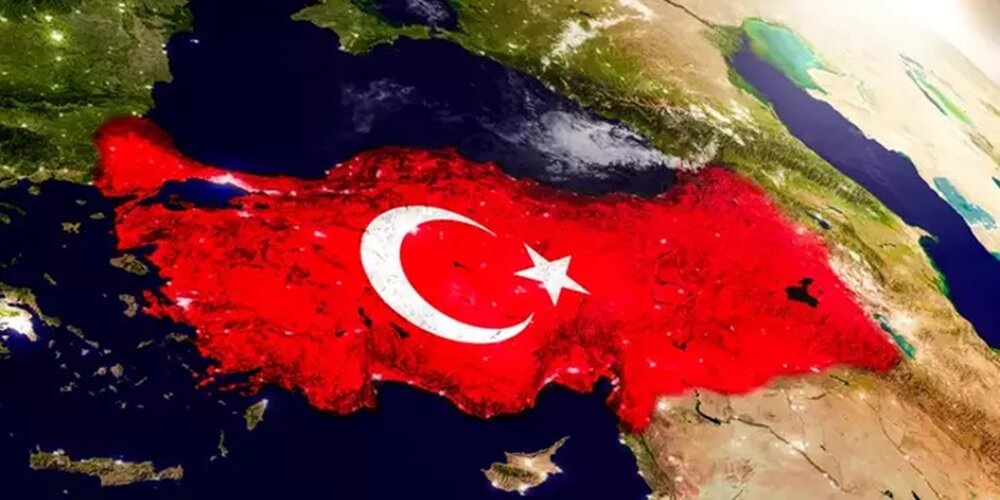
Regulations and Ethical Considerations in Plastic Surgery Tourism. There is a lack of clear and universal international regulations for medical tourism. The standards and guidelines of accredited international organizations and established national accreditation bodies for both health care providers and practitioners demonstrate the significance of retaining patient safety and delivering high-quality medical services. Ethically, plastic surgery should not be presented as tourist ‘treatments’ but as real ‘operations’ with possible complications in informed consent. The scarcity of cross-country medical tourism guidelines, like other private service industries, raises questions about advertising content and promotion methods, the health care system’s reliability and accountability, and government responsibility. The legal bases and regulatory authorities of medical tourism differ within countries and are organized by jurisdictions and professional associations.
Many countries specify a range of guidelines for health care providers, practitioners, and ancillary health staff. In destination countries, the regulations are more accentuated, including stricter accreditation requirements, as they are easily available online and via social media, in compliance with the existing, dated, and inadequate legal framework. The existence of a regulatory void creates a risk for patients. It is challenging for healthcare systems to manage the quality of treatments offered to foreign patients in real time and to initiate improvement interventions given the different accreditation systems. How can plastic surgery tourism destinations be regulated to safeguard tourists from damaging effects in the absence of principles and norms for tourism in healthcare services? Destination countries should, in a clear and distinct manner, always share and evidence the qualifications of the treatment center and doctor. Medical tourism, as part of responsible tourism, should show and communicate health services that are visibly genuine since they grant the right of patients to health and safety. Further, patients anxious about the service will be relieved and feel secure. In this respect, it can be seen that the authenticity of the hospital is compatible with the service quality.
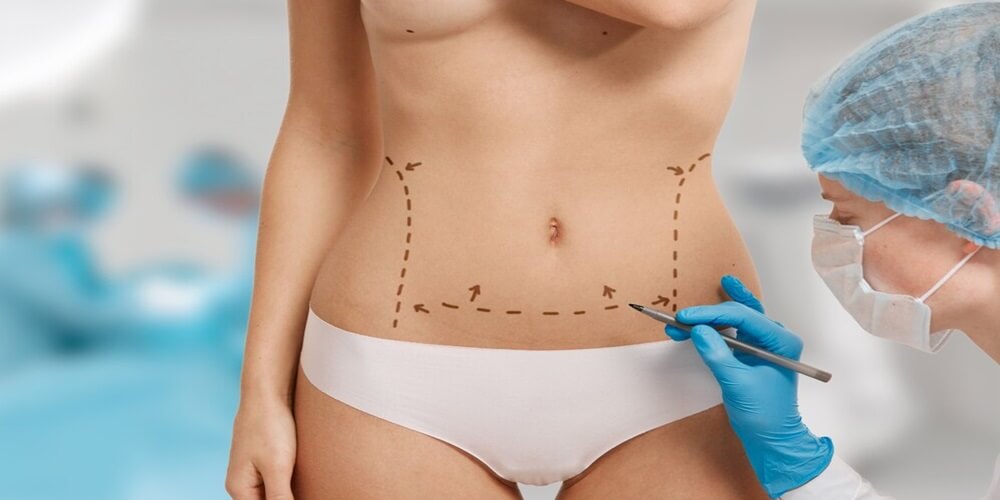
Plastic surgery tourism in Turkey, like many forms of medical tourism Turkey, offers promising rewards as well as significant challenges and potentially unethical practices. Procedures in Turkey are currently advertised very cheaply compared to most European clinics and private health care in the USA. The operation is combined with a form of luxurious holiday often in high aesthetic areas, such as Istanbul, or on the coast, such as Antalya. Packages typically include transfers to and from airports, reservations for hotels and trips, and postsurgical support. Prospective patients need to consider the conditions in which the health care is to be carried out and the opportunities, threats, strengths, and weaknesses associated with treatments outside the country of residence, with a foreign surgeon. They also need to look into how they will return home and the post-operative care on arrival home. The standards of what is advertised may not be those actually given, and post-operative care, if advertised, may not actually be given on arrival home.
Essentially, the large increases in cosmetic tourism in Turkey and other popular destinations are not inherently negative. Individuals have the right to spend their money on any legal service. Nevertheless, it is important that this paper aids potential patients in making more informed decisions regarding their choice of healthcare provider and destination for international cosmetic surgery. Cosmetic surgeons, commissioners, policymakers, medical schools, and the key stakeholders involved in medical tourism Turkey need to engage in more open discussions regarding the realities of surgery abroad. There is some indication of what the future may hold for the world of plastic surgery tourism. It is expected that future international cosmetic surgery tourism in the UK and EU may decline compared to global destinations, as long-term collective economic development takes place. Moreover, improvements in technology will result in more efficient procedures, which will further make them cheaper, and hospitals will thus reclaim prices as per the international price system. ‘Packages’ will also evolve according to the technological advancements, with various spa days catering to medical tourists of different needs. Political pressures are also expected to result in minimal regulations and standards of practice when it comes to discreetly regulated medical tourism hospitals. Thus, international cosmetic surgery tourism may end up bound to legal and ethical issues at an international level. It is therefore hoped that the balance and the guidelines are reviewed and may be applied to all of these areas. It is also hoped that with the proposed developments in the procedures, both surgical tourism and patient safety can evolve in the years to come.
Hello!